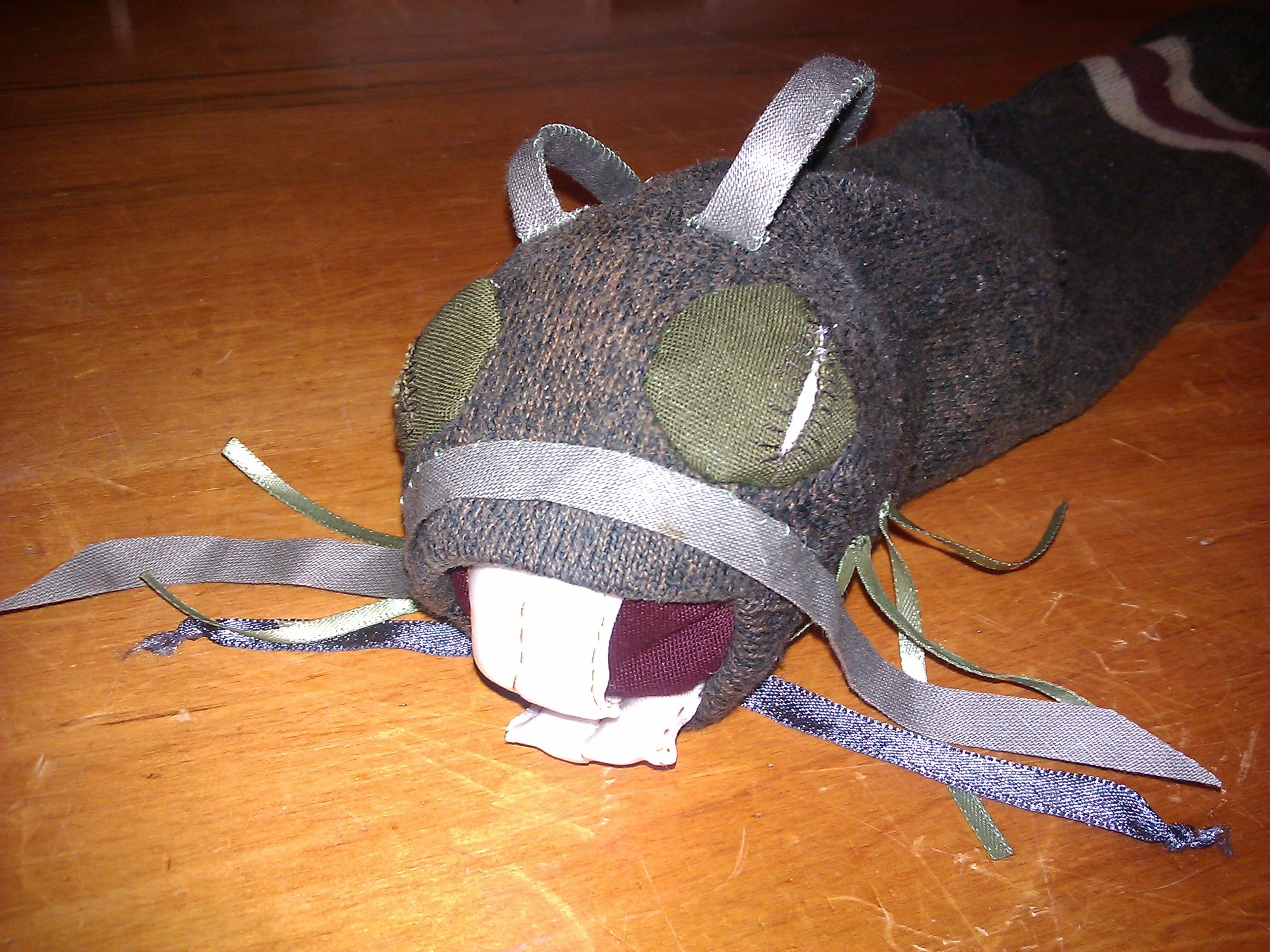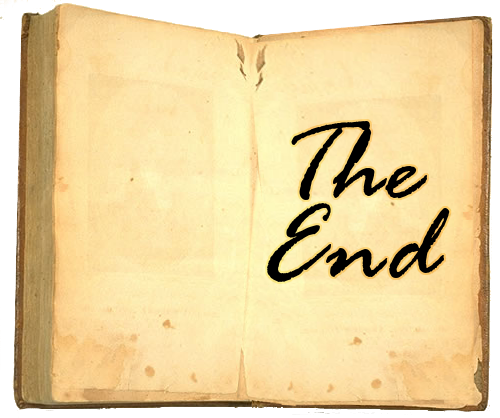They both have heels? No?
I was re-reading some old posts the other day and rediscovered my Master Metaphor: knitting a sock. The big long-running effort in my life at the moment is finishing the accidentally-epic first draft of my current Work In Progress, working title Tsifira. So naturally, my mind turned to considering it as a sock. A purple sock, of course.
Writing a sock is actually a lot like knitting a novel. Getting started is fiddly, and sometimes takes more than one attempt. After that you seem to be just going around in circles for a very long time. Then it gets more complicated.
There’s a lot of going back and forth, the pattern changes, and what used to be sideways becomes up, and vice versa. You have to pick up a number of threads you thought you’d finished with, and then you’re going in circles again. It’s not til you look back you realize that you’ve turned the heel.
Then, just when you’re thinking there will never be an end to this interminable circling, you realize you’ve got so far that it’ll be too long if you don’t start tapering toward the end.
This is where I am at with Tsifira at the moment: shaping everything in to the end. And once that’s done, there’s only a bit of grafting the loose ends together and it will be finished.

Of course, this is a first draft, so there are all kinds of mistakes I don’t even know how to make with a sock: surplus beginnings, several heels (and quite a few turns!), extra length where not required (okay, I definitely know how to do that one) and the toe shaping could well turn out too pointy or too blunt.
But that’s a first draft for you: messy as, and looking like nothing on earth. And this is where the sock metaphor falls down a bit (hur hur), because it’s really very hard to rewrite a sock. Either you undo the whole thing and start over (not recommended) or you cut and paste (definitely not recommended).
The point of the master metaphor is not, of course, that one thing is analogous to another, but that having done one thing that seemed difficult or impossible, it is possible to do another. And so with this.
A great deal of rewriting lies ahead, no doubt, but one day I shall hold my finished sock novel in my hot little hands, and that will be awesome, even if it doesn’t keep my feet warm.
Now if you’ll excuse me, I have some toe-shaping to do.
What’s your Master Metaphor? Know any good metaphors for rewriting? How is a raven like a writing desk?






